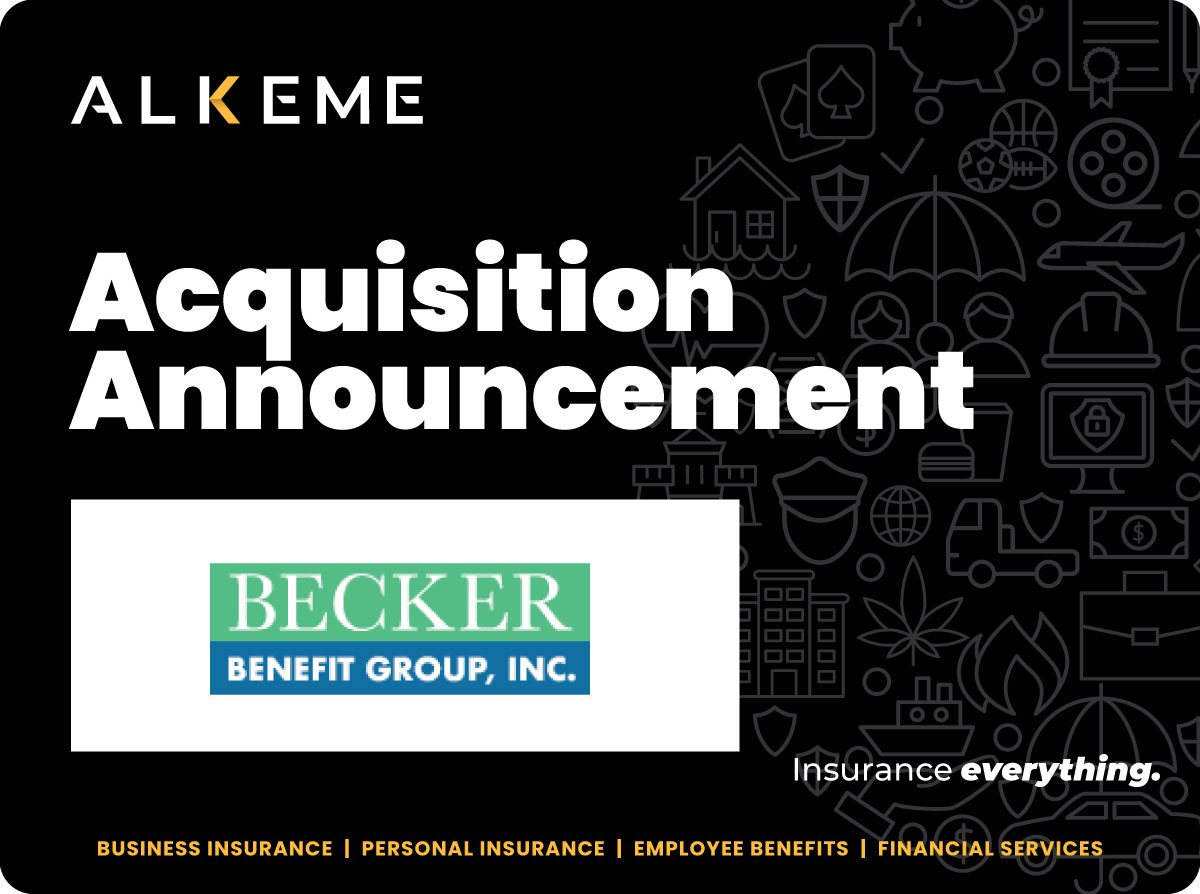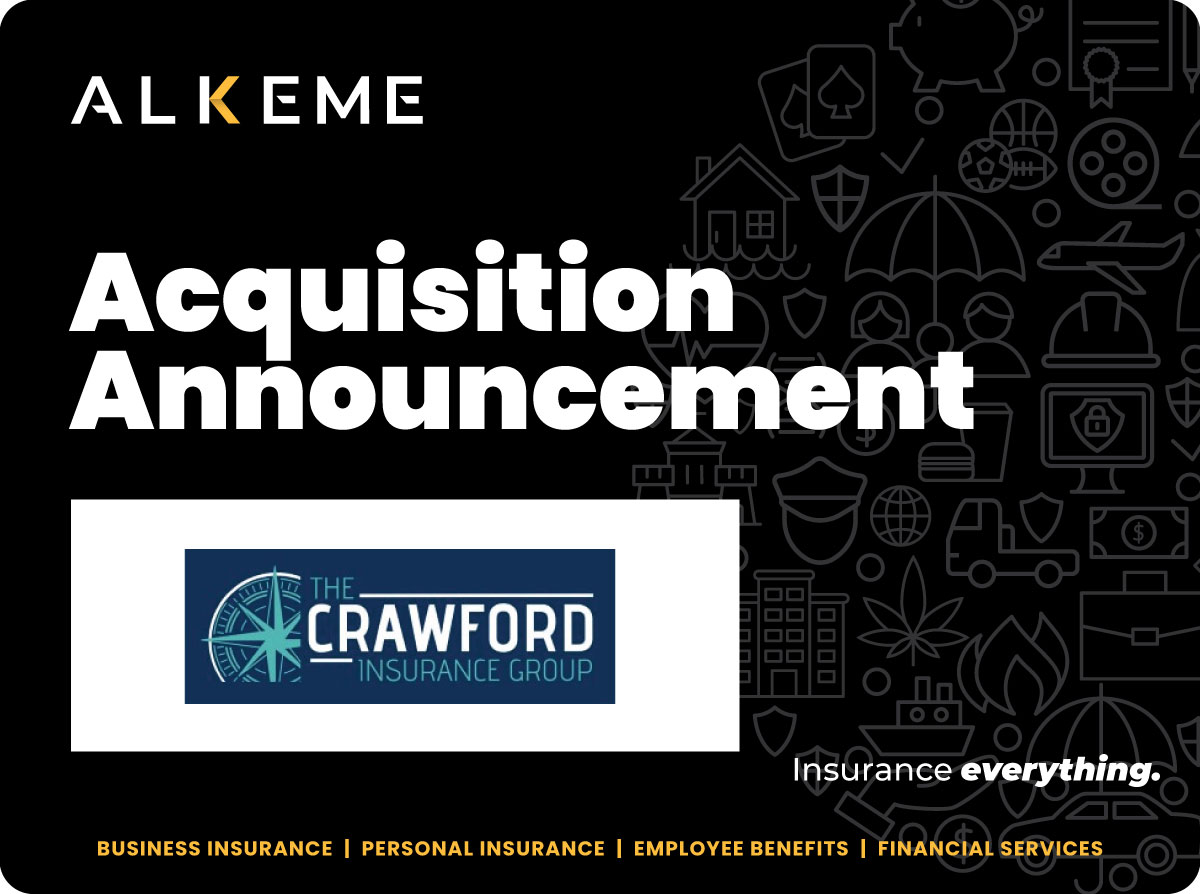Landlord insurance, also known as rental property insurance, is a type of insurance policy designed to protect property owners who rent out one or more residential or commercial properties to tenants. Landlord insurance provides coverage for various risks and liabilities associated with owning and renting out investment properties, offering financial protection against property damage, liability claims, loss of rental income, and other covered perils.
Here’s an in-depth explanation of the key components of landlord insurance:
-
Property Damage Coverage:
Landlord insurance typically includes coverage for property damage caused by covered perils such as fire, lightning, windstorms, hail, vandalism, and theft. This coverage helps repair or replace the physical structure of the rental property, including the building itself, as well as any attached structures such as garages or sheds.
-
Liability Protection:
Landlord insurance provides liability protection in case the property owner is found legally responsible for injuries or property damage suffered by third parties, such as tenants, guests, or visitors. This coverage helps pay for medical expenses, legal fees, and damages awarded in liability lawsuits arising from covered incidents, such as slip-and-fall accidents or property damage caused by negligence.
-
Loss of Rental Income Coverage:
Loss of rental income coverage, also known as rental reimbursement coverage or fair rental value coverage, compensates property owners for lost rental income if a covered peril, such as a fire or natural disaster, renders the rental property uninhabitable and temporarily prevents the property owner from collecting rent from tenants. This coverage helps bridge the gap until repairs are completed and the property can be rented out again.
-
Additional Coverages and Endorsements:
Depending on the insurance provider and policy options selected, landlord insurance may offer additional coverages and endorsements to address specific risks and needs, such as:
- Landlord Contents Coverage: Protects personal property owned by the landlord and kept on the rental property, such as appliances, furniture, or maintenance equipment.
- Rent Default Coverage: Reimburses lost rental income if a tenant fails to pay rent as agreed, typically due to eviction or abandonment.
- Legal Expenses Coverage: Covers legal fees and court costs associated with evicting tenants, pursuing rent arrears, or defending against lawsuits related to the rental property.
- Equipment Breakdown Coverage: Covers repair or replacement costs for essential equipment and systems in the rental property, such as HVAC systems, water heaters, or electrical systems, in case of mechanical breakdown.
- Flood Insurance: Provides coverage for property damage and loss of rental income caused by flooding, which is typically excluded from standard landlord insurance policies and requires a separate flood insurance policy.
-
Exclusions and Limitations:
Landlord insurance policies typically include exclusions, which are specific situations or types of damage that are not covered by the policy. While exclusions can vary depending on the insurance provider and policy terms, there are several common exclusions that are often found in landlord insurance policies. Here are some examples:
- Wear and Tear: Landlord insurance typically does not cover damage that occurs gradually over time due to normal wear and tear. This includes deterioration of the property’s structure, fixtures, and systems that occur as a result of regular use and aging.
- Neglect or Lack of Maintenance: Damage caused by the landlord’s failure to properly maintain the rental property or address known maintenance issues is often excluded from coverage. Landlord insurance policies expect property owners to take reasonable steps to keep their properties in good condition and prevent avoidable damage.
- Intentional Acts: Landlord insurance typically does not cover damage caused by intentional acts of the insured or tenants, such as vandalism, theft by tenants, or deliberate destruction of property. Insurance is designed to protect against accidental or unforeseen events, not intentional misconduct.
- Acts of War and Terrorism: Landlord insurance policies commonly exclude coverage for damage caused by acts of war, civil unrest, terrorism, or acts of terrorism-related violence. These types of events are considered high-risk and are typically excluded from standard insurance policies.
- Floods and Earthquakes: Damage caused by floods, earthquakes, and other earth movements is often excluded from standard landlord insurance policies. Property owners may need to purchase separate flood insurance or earthquake insurance policies to obtain coverage for these risks.
- Nuclear Hazards: Landlord insurance policies typically exclude coverage for damage caused by nuclear accidents, radiation, or nuclear explosions. These risks are considered highly specialized and are typically excluded from standard insurance policies.
- Illegal Activities: Landlord insurance may exclude coverage for damage resulting from illegal activities conducted on the rental property, such as drug manufacturing, illegal gambling, or other criminal acts. Insurance policies typically do not provide coverage for losses resulting from illegal or prohibited activities.
- Business Activities: Damage resulting from commercial or business activities conducted on the rental property may be excluded from coverage under landlord insurance policies. Property owners may need separate commercial insurance coverage for business-related risks.
- Pest Infestations: Damage caused by pest infestations, such as termites, rodents, or insects, may be excluded from coverage under landlord insurance policies. Property owners are generally responsible for addressing pest infestations through proper maintenance and pest control measures.
- Vacancy or Unoccupancy: Some landlord insurance policies may exclude coverage for damage that occurs while the rental property is vacant or unoccupied for an extended period. Property owners may need to obtain vacant property insurance or take specific precautions to protect their properties during periods of vacancy.
It’s essential for property owners to review their landlord insurance policy carefully and understand any exclusions or limitations that may apply. Depending on their specific needs and risk exposure, property owners may need to consider additional coverage options or endorsements to address excluded risks and ensure adequate protection for their investment properties. Working with an experienced insurance professional can help property owners tailor their insurance coverage to meet their specific needs and mitigate potential gaps in coverage.
Overall, landlord insurance is a critical risk management tool for property owners who rent out residential or commercial properties, providing financial protection and peace of mind against unforeseen events and liabilities associated with property ownership and rental activities. Property owners should work with experienced insurance professionals to tailor a landlord insurance policy that meets their specific needs and provides adequate coverage for their investment properties.




